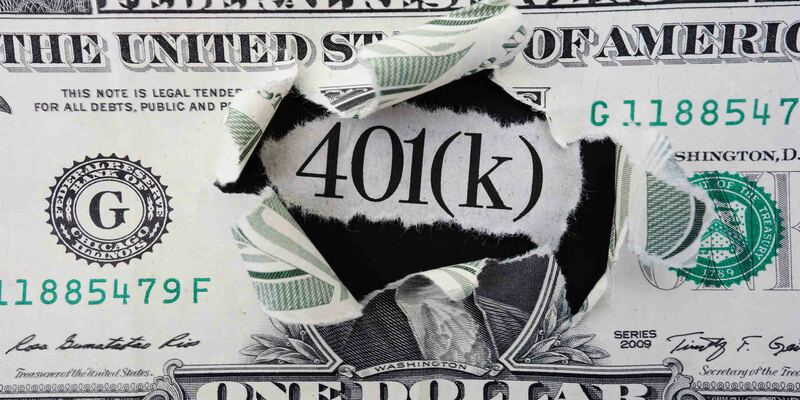One of the first steps toward financial security is setting short-term, medium-term, and long-term goals. In the absence of a particular goal, you are more prone to overspend. If you don't have enough money to cover unforeseen expenses or wish to retire, you'll be in trouble. You may find yourself in a credit card debt spiral that prevents you from adequately protecting yourself against some of life's most significant threats.
As the world discovered during the epidemic and many families learn each month, even the most sensitive individual cannot be prepared for every disaster. By planning, you offer yourself the opportunity to think about what might happen in the future and do your best to prepare for it. Your life and ambitions should be constantly re-evaluated so that you can adapt to the inevitable shifts in your circumstances.
This year's financial planning allows you to revisit your financial goals, revise them, and see how you've done since last year. For the first time, if you haven't previously set financial goals, now is a great time to do so. Financial experts have recommended these short-term, medium-term, and long-term financial objectives to help you live comfortably within your means, reduce debt, and save for your golden years.
Short-Term Financial Goals

The confidence boost and underlying knowledge you gain from achieving short-term financial objectives can help you achieve larger financial goals that will take longer to accomplish. Steps one and two are straightforward. Even though you can't magically generate $1 million in your retirement account right now, you can sit down and draught an emergency fund in a matter of hours. Short-term financial goals can help you begin on the right track to reaching long-term ones, so here are a few to get you started.
Establish a Budget
To get where you want to go, you have first to figure out where you are right now. To do this, you'll need to create a budget, a financial adviser in Williamsburg and Richmond,Virginia.
Using a free budgeting app like Mint makes it simple to keep tabs on your spending. It will allow you to categorize your expenses by combining information from all your accounts into one location. If you'd prefer to do it the old-fashioned way, you can sort through your recent bank accounts and bills to create a budget.
Even if you only work from home one day a week and order Seamless every day (or spend that much on lunch with coworkers if you're still in the office), purchasing Seamless for 21 days will cost you $315. You may be surprised to learn that you and your significant other spend an additional $100 per weekend on date-night meals. You may make better financial decisions in the future when you are aware of how your money is being spent and influenced by that knowledge. Is $315 a month's worth of fun and convenience worth it to you to eat out every day? So, if you can afford it, that's terrific! If you don't, you've just learned how to save money each month simply and effectively. You can save money on dining out by looking for ways to cut costs or have a combination of the two.
Create an Emergency Fund

An emergency fund is money set aside to cover unanticipated costs. $500 to $1,000 is a reasonable starting point. In a financial catastrophe, you'll want to increase the size of your emergency fund to cover more serious financial hardships, such as unemployment. Before the COVID-19 pandemic, you probably wished you had if you didn't have an emergency fund. And if you have one, you may have depleted it and now need to replace your resource stock.
You should save at least three months' worth of expenses to cover your financial obligations and basic needs—especially if you work for the same company as your spouse or if you work in an area with limited job prospects—especially if you are married and work for the same company as your spouse or if you work in an area with limited job prospects. She recommends slashing at least one expense from your budget to help you save for an emergency.
Organizing and decluttering your home can also help you save for a rainy day, says Kevin Gallegos, the vice president of sales and Phoenix operations for Freedom Financial Network, an online provider of consumer debt settlement, mortgage shopping, and personal loans. A yard sale or selling unwanted stuff on eBay or Craigslist can bring in additional cash. You may want to transform your passion into a part-time job to save for the future.




